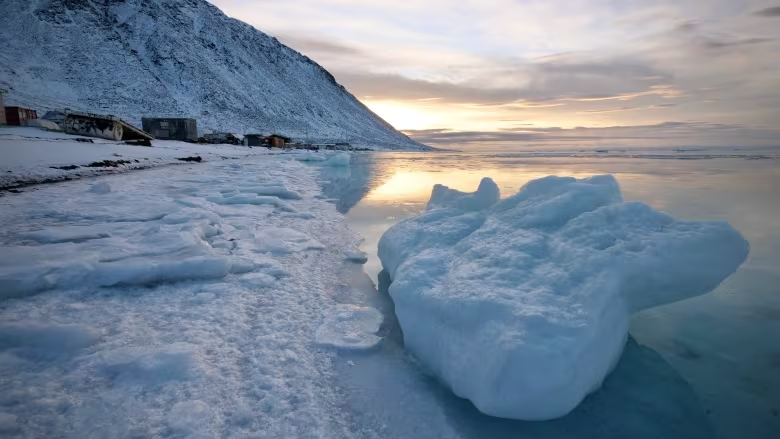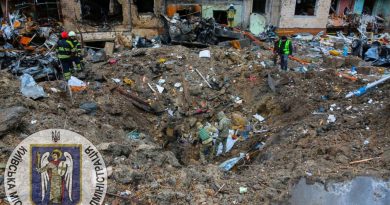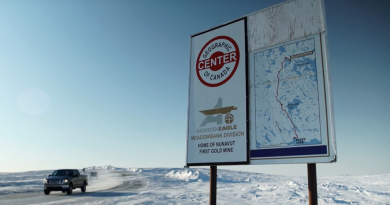Alberta researcher and Arctic expert dies while conducting field work in Nunavut

By · CBC News
No information about circumstances around death of U of A professor Maya Bhatia
A University of Alberta researcher who specialized in the study of Arctic climate issues died while doing field work in the Nunavut hamlet of Grise Fiord.
Maya Bhatia, a biogeochemist and associate professor in the U of A’s science faculty, died Aug. 16 while on one of her many research trips into the Inuit community, the U of A said.
“This is a devastating loss for the University of Alberta community,” noted a statement posted on The Quad, the U of A’s faculty and staff publication.
No information has been released about the circumstances of Bhatia’s death. Nunavut RCMP said they are working with the territory’s emergency management team on its search efforts.
Longtime work in North
Nunavut’s chief coroner Khen Sagadraca said Bhatia’s death is being looked at under the territorial Presumption of Death Act. He said he is unable to investigate the death without a body.
“Therefore, the individual is considered missing,” Sagadraca said.
Through her work, Bhatia “sought to answer questions of concern to the community, including water quality and climate change,” the university said.
Bhatia came to the U of A in 2017. Her work included leading a team of Canadian researchers who were examining melting glaciers, ice caps and ice sheets to learn more about the affect of future climate warming on Arctic coastal productivity, according to the statement on The Quad.
“Every day, researchers at our university contribute to the ever-widening network of information we use to understand ourselves and our world,” said Gordon Swaters, president of the Association of Academic Staff University of Alberta, in a statement.
“Dr. Bhatia was one of those researchers — an outstanding scientist engaged in vital work, and it is a horrible tragedy to lose her.”
Family asks for privacy
The University of Alberta said it will not be releasing further details.
“The university is in the process of working with relevant agencies in completing the required occupational health and safety investigation into this incident,” it said in a statement. “We are respecting the family’s wishes for privacy.”
Grise Fiord is Canada’s most northerly community with a population of about 140. It is located on Ellesmere Island, about 1,500 kilometres south of the North Pole.
Related stories from around the North:
United States: Worker in Alaska’s Denali National Park dies after triggering avalanche, The Associated Press



